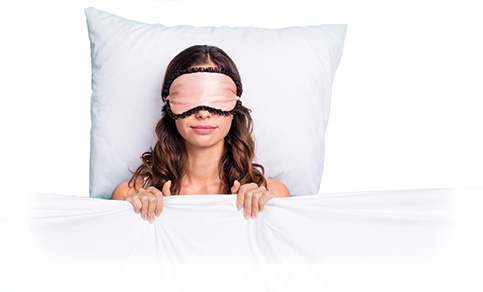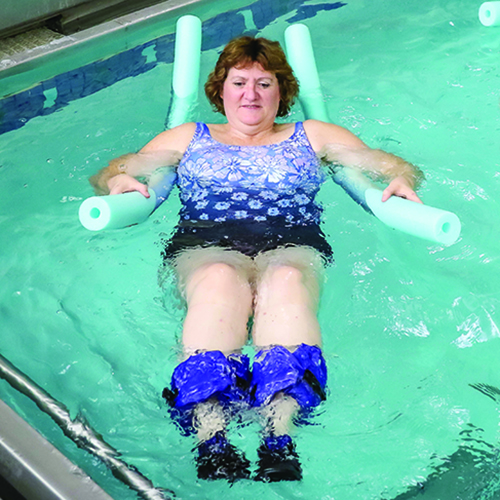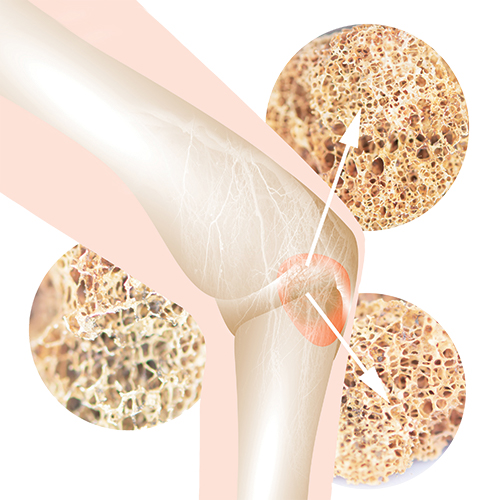In May, the American Academy of Sleep Medicine reported women are 1.5 times more likely than men to rarely or never wake up feeling well-rested. The online survey of 2,010 adults also found sleepiness affects the daily activities of 81% of women, compared to 74% of men.
North Kansas City Hospital Diagnostic Sleep Center Medical Director Scott Shorten, MD, neurologist with Meritas Health Neurology, offers these tips to help women — and men — get a good night’s sleep, which for adults is seven hours or more each night:

- Keep a consistent sleep schedule. Get up at the same time every day, even on weekends or during vacations.
- Make your bedroom quiet and relaxing.
- Keep the room at a comfortable, cool temperature.
- Limit exposure to bright light in the evenings and turn off electronic devices at least 60 minutes before bedtime.
- Don’t eat a large meal before bedtime. If you are hungry at night, eat a light, healthy snack.
- Exercise regularly and maintain a healthy diet.
- Avoid consuming caffeine, nicotine and alcohol before bedtime.
- Don’t go to bed unless you are sleepy.
- If you don’t fall asleep after 30-40 minutes, get out of bed. Do a quiet activity without a lot of light exposure until you feel sleepy.
For Club W Medical Director Jackie Werner, MD, sleep hygiene is equally as important as other forms of personal hygiene. “When a woman is struggling with falling or staying asleep, among the first changes she can make to achieve restful sleep is with appropriate sleep hygiene, such as practicing mindfulness, meditation or anything that helps her relax,” said Dr. Werner, an OB-GYN with Meritas Health Pavilion for Women.
Dr. Werner also considers a woman’s current medications, which can interact with sleep, and a referral to a sleep specialist. “Our sleep experts make sure the specific type of sleep disruption is treated, and, if indicated, with appropriate medications,” Dr. Werner said. “Medications can help people fall asleep, stay asleep or both. Some are used as needed, while others are used on a consistent basis. Some can interact with other medications or even have addictive properties. All these factors are considered before medication is started to help with sleep. When a woman’s sleep issue is diagnosed and treated, she not only has better sleep, but she also improves her lifestyle.”
Related Articles

March 9, 2020
3 Sneaky IBS Triggers
For people with irritable bowel syndrome, spring may spark a flare-up in symptoms

June 5, 2024
5 Consejos Sobre Nutricion para un Estilo de Vida Mas Saludable
Una alimentación saludable y una nutrición adecuada desempeñan un parte importante a la hora de mantener una buena salud. Aquí le mostramos cómo mejorar sus hábitos nutricionales.

May 31, 2024
5 Nutrition Tips for a Healthier Lifestyle
Healthy eating and proper nutrition play a big part in maintaining good health. Here's how to improve your nutrition habits.


